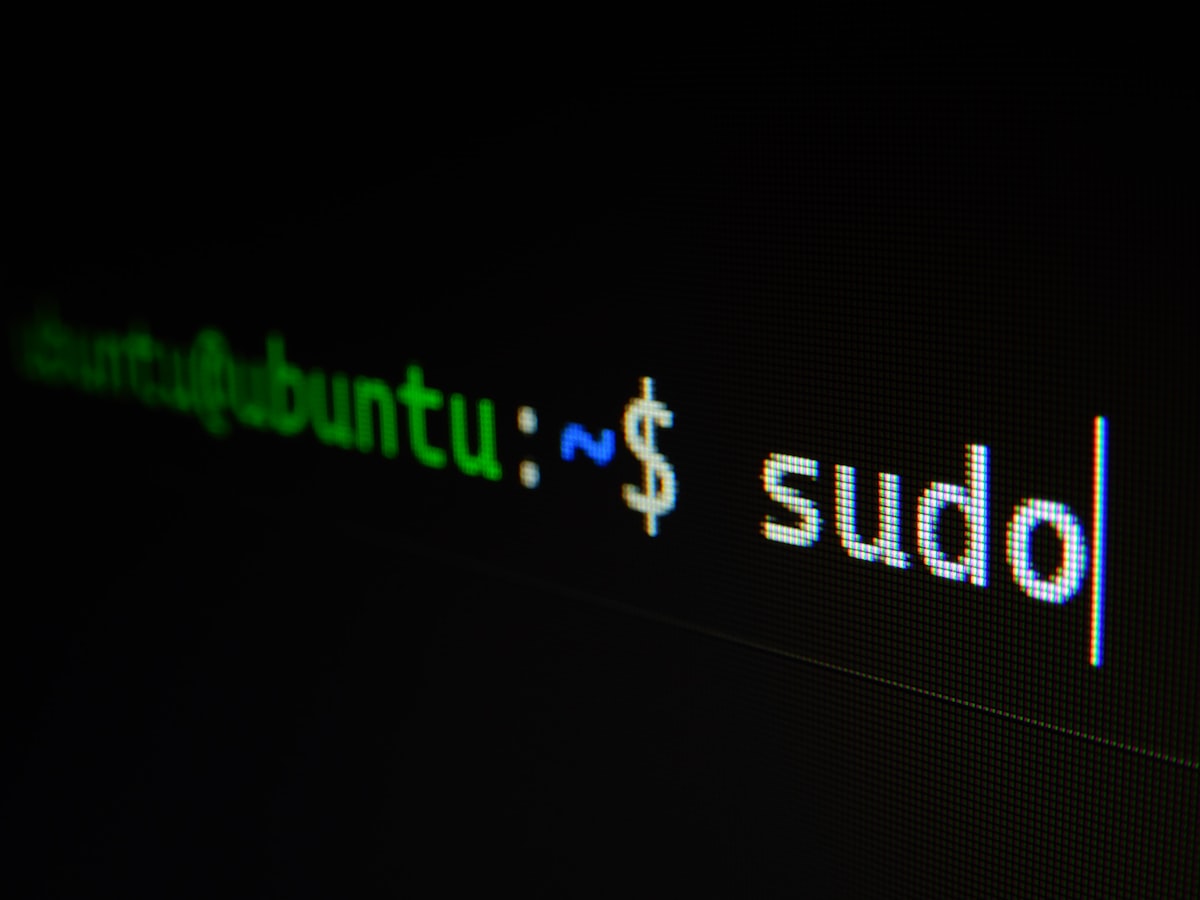Modern Linux System Programming: A Deep Dive into 2020 Practices

The landscape of Linux system programming continues to evolve with modern kernel features and emerging hardware capabilities. This comprehensive guide explores advanced concepts and contemporary techniques for efficient system-level programming in today’s Linux environments.
Modern System Call Interface
Enhanced System Call Handling
#include <sys/syscall.h>
#include <unistd.h>
#include <errno.h>
int modern_syscall_wrapper(long syscall_number, ...) {
long result = syscall(syscall_number);
if (result < 0) {
// Modern error handling with detailed logging
fprintf(stderr, "Syscall %ld failed: %s\n",
syscall_number, strerror(errno));
return -1;
}
return result;
}
Async System Calls with io_uring
#include <liburing.h>
void setup_io_uring(void) {
struct io_uring ring;
struct io_uring_params params = {0};
// Setup for modern async I/O
io_uring_queue_init_params(8, &ring, ¶ms);
// Configure for optimal performance
params.flags |= IORING_SETUP_SQPOLL;
params.sq_thread_idle = 2000;
}
Advanced Memory Management
Modern Memory Allocation Strategies
#include <sys/mman.h>
void* allocate_huge_pages(size_t size) {
void* ptr = mmap(NULL, size,
PROT_READ | PROT_WRITE,
MAP_PRIVATE | MAP_ANONYMOUS | MAP_HUGETLB,
-1, 0);
if (ptr == MAP_FAILED) {
// Fallback to regular pages with logging
ptr = mmap(NULL, size,
PROT_READ | PROT_WRITE,
MAP_PRIVATE | MAP_ANONYMOUS,
-1, 0);
log_memory_allocation_fallback(size);
}
return ptr;
}
Memory Pool Implementation
typedef struct memory_pool {
void* base;
size_t total_size;
size_t used;
pthread_mutex_t lock;
} memory_pool_t;
memory_pool_t* create_memory_pool(size_t size) {
memory_pool_t* pool = malloc(sizeof(memory_pool_t));
pool->base = allocate_huge_pages(size);
pool->total_size = size;
pool->used = 0;
pthread_mutex_init(&pool->lock, NULL);
return pool;
}
Process Management and Control
Modern Process Creation
#include <sys/wait.h>
#include <unistd.h>
#include <sched.h>
pid_t create_isolated_process(void) {
// Use clone3 for modern process creation
struct clone_args args = {
.flags = CLONE_NEWPID | CLONE_NEWNET,
.exit_signal = SIGCHLD,
};
pid_t pid = syscall(SYS_clone3, &args, sizeof(args));
if (pid == 0) {
// Child process in new namespaces
setup_process_environment();
}
return pid;
}
Process Resource Management
#include <sys/resource.h>
void set_process_limits(pid_t pid) {
struct rlimit rlim;
// Set modern resource limits
rlim.rlim_cur = RLIM_INFINITY;
rlim.rlim_max = RLIM_INFINITY;
prlimit(pid, RLIMIT_NOFILE, &rlim, NULL);
setup_cgroup_limits(pid);
}
Modern File Operations
High-Performance File I/O
#include <fcntl.h>
#include <sys/stat.h>
int create_optimized_file(const char* path) {
int fd = open(path,
O_RDWR | O_CREAT | O_DIRECT,
0644);
// Enable fast path for modern filesystems
int flags = fcntl(fd, F_GETFL);
fcntl(fd, F_SETFL, flags | O_NOATIME);
// Set optimal I/O pattern hints
posix_fadvise(fd, 0, 0,
POSIX_FADV_SEQUENTIAL);
return fd;
}
Performance Optimization
CPU Cache Optimization
#include <x86intrin.h>
void optimize_cache_access(void* data, size_t size) {
// Prefetch data for optimal cache usage
for (size_t i = 0; i < size; i += 64) {
_mm_prefetch(((char*)data) + i, _MM_HINT_T0);
}
// Ensure cache line alignment
posix_memalign(&data, 64, size);
}
NUMA-Aware Programming
#include <numa.h>
void setup_numa_allocation(void) {
struct bitmask* nodes = numa_get_run_node_mask();
// Bind memory allocation to local node
numa_set_preferred(numa_node_of_cpu(sched_getcpu()));
// Distribute workload across NUMA nodes
for (int i = 0; i < numa_num_task_nodes(); i++) {
if (numa_bitmask_isbitset(nodes, i)) {
allocate_node_local_memory(i);
}
}
}
Best Practices for Modern Systems
- Error Handling and Logging
void handle_error_modern(const char* msg) {
// Structured logging with context
log_error("Operation failed", {
.message = msg,
.errno = errno,
.timestamp = time(NULL),
.thread_id = pthread_self()
});
}
- Resource Management
void cleanup_resources_modern(void) {
// Systematic resource cleanup
cleanup_memory_pools();
close_file_descriptors();
terminate_child_processes();
}
Conclusion
Modern Linux system programming requires:
- Understanding of contemporary kernel features
- Efficient use of new hardware capabilities
- Proper resource management
- Performance optimization
- Security considerations
Key takeaways:
- Utilize modern kernel interfaces
- Implement efficient memory management
- Consider NUMA architecture
- Optimize for modern hardware
- Follow security best practices
Remember that modern system programming requires balancing performance, security, and maintainability while leveraging the latest Linux kernel features.

